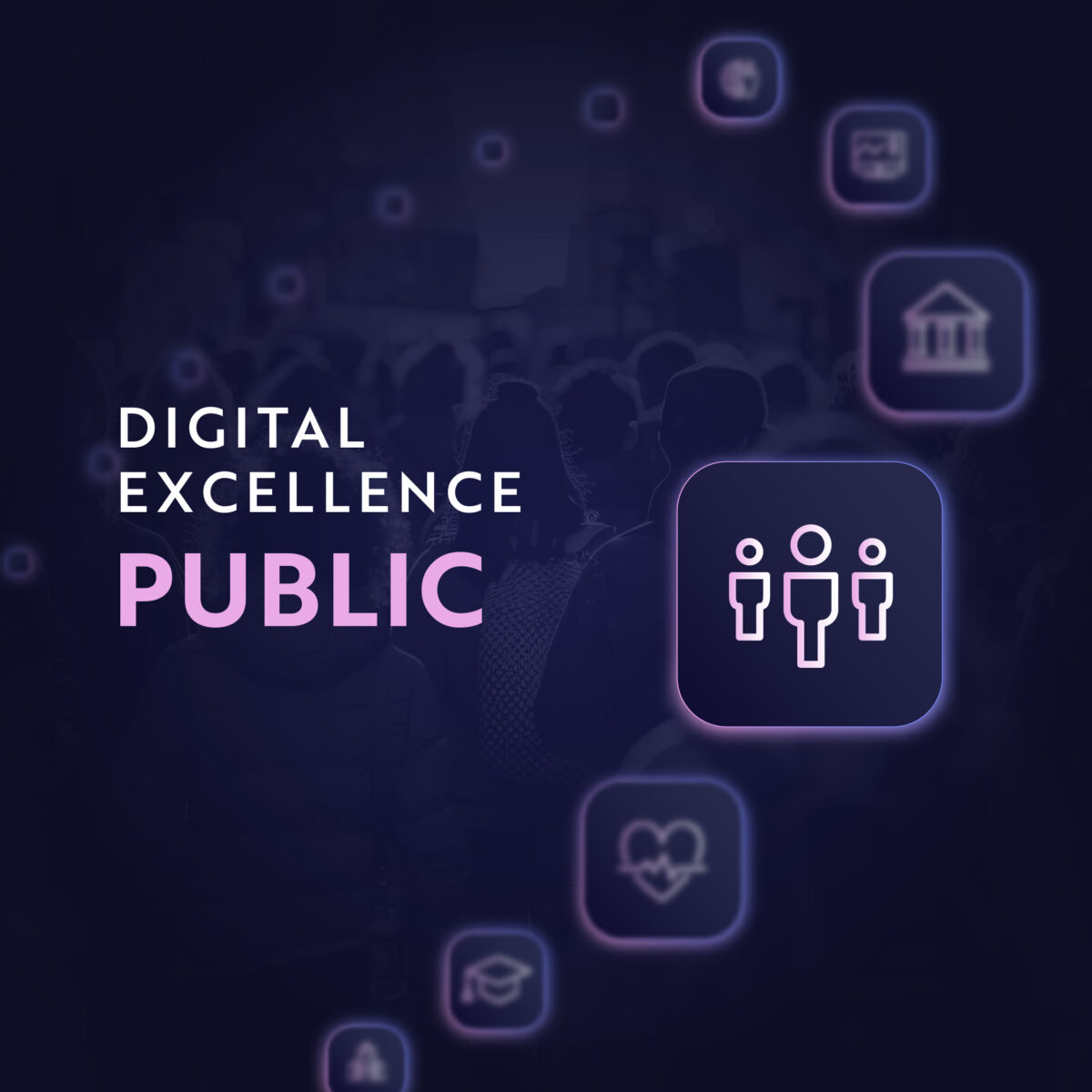
Key Technologies Transforming Public Services Excellence
- Artificial Intelligence (AI) and Machine Learning:
- Automated Decision-Making: AI algorithms streamline decision-making processes, such as eligibility assessments for social services and resource allocation, improving efficiency and reducing administrative burdens.
- Predictive Analytics: AI-driven analytics forecast trends and demands, enabling proactive planning and policy development across various public service sectors.
- Robotic Process Automation (RPA):
- Operational Efficiency: RPA automates routine administrative tasks, such as data entry and document processing, freeing up staff to focus on higher-value activities and improving operational efficiency.
- Customer Service Automation: Chatbots powered by RPA handle citizen inquiries, providing instant responses and freeing human agents to address more complex issues.
- Internet of Things (IoT):
- Smart Infrastructure: IoT devices monitor and manage public infrastructure, such as streetlights, traffic signals, and utilities, enhancing efficiency and reducing costs.
- Environmental Monitoring: IoT sensors track environmental data, such as air and water quality, supporting sustainability initiatives and regulatory compliance.
- Blockchain:
- Secure Transactions: Blockchain technology provides secure, transparent, and tamper-proof records of transactions, enhancing trust and accountability in public service delivery.
- Identity Management: Blockchain-based digital identities improve the security and efficiency of identity verification processes, reducing fraud and ensuring data integrity.
- Cloud Computing:
- Data Accessibility: Cloud platforms enable secure access to data and collaboration tools across government agencies, enhancing flexibility and responsiveness.
- Cost Efficiency: Cloud solutions provide scalable infrastructure, reducing the need for physical IT resources and lowering operational costs.
Benefits and Challenges of Digital Public Services Excellence
- Benefits:
- Improved Service Delivery: Digital technologies enable public service organizations to deliver services more efficiently and effectively, enhancing citizen satisfaction and trust.
- Operational Efficiency: Automation and data analytics streamline operations, reduce costs, and improve resource allocation, optimizing government performance.
- Enhanced Citizen Engagement: Digital platforms facilitate communication and collaboration between citizens and government, fostering transparency and participation.
- Challenges:
- Technological Integration: Integrating new digital technologies with existing systems requires careful planning and investment, particularly for government agencies with legacy infrastructure.
- Cybersecurity Risks: The increased reliance on digital technologies exposes public services to cyber threats, necessitating robust security measures.
- Privacy Concerns: The collection and use of sensitive citizen data raise privacy concerns, requiring compliance with data protection regulations and transparent communication.
Digital Public Services Excellence: Strong Use Cases
- AI-Driven Decision-Making:
- Public agencies like the UK’s Department for Work and Pensions use AI to streamline benefit eligibility assessments, reducing processing times and improving accuracy.
- RPA for Administrative Efficiency:
- Government departments such as the U.S. General Services Administration employ RPA to automate routine tasks, increasing efficiency and reducing administrative burdens.
- Blockchain for Secure Transactions:
- Estonia utilizes blockchain technology to secure digital identities and government transactions, enhancing trust and transparency in public services.
Compelling Case Studies
Singapore: Smart Nation Initiative
Singapore’s Smart Nation initiative leverages IoT and AI technologies to enhance public service delivery across healthcare, transportation, and urban planning. By integrating digital solutions, Singapore improves operational efficiency, enhances citizen experiences, and sets a benchmark for smart cities worldwide.
Estonia: Blockchain-Based E-Government
Estonia has implemented blockchain technology to provide secure digital identities and enable seamless e-government services. By enhancing security and efficiency, Estonia’s e-government platform fosters transparency and trust, demonstrating the potential of blockchain in public services.
Main Recommendations for Public Services Excellence
- Invest in AI and RPA Technologies:
- Prioritize investment in AI and RPA technologies to enhance operational efficiency, improve service delivery, and increase citizen satisfaction. Embrace data-driven decision-making to drive innovation and competitiveness.
- Enhance Citizen Engagement:
- Leverage digital platforms to facilitate communication and collaboration with citizens. Focus on improving transparency, responsiveness, and participation through innovative solutions.
- Utilize the Digital Maturity Index (DMI):
- Conduct regular DMI assessments to evaluate digital capabilities, identify gaps, and develop strategic roadmaps for transformation. Use these assessments to guide decision-making and prioritize initiatives.
- Strengthen Cybersecurity Measures:
- Implement robust cybersecurity strategies to protect digital assets and sensitive citizen information. Ensure compliance with industry standards and regulations to safeguard against cyber threats.
- Address Privacy Concerns:
- Develop transparent data protection policies and communicate clearly with citizens about the use of their data. Ensure compliance with privacy regulations to build trust and confidence.
Conclusions
The public services sector is undergoing a digital transformation that presents both challenges and opportunities. By embracing digital technologies and focusing on efficiency and citizen engagement, public service organizations can unlock significant community value and maintain a competitive edge. Leaders must prioritize digital transformation initiatives and leverage tools like the Digital Maturity Index to guide their journey toward digital public service excellence. In doing so, they can drive sustainable growth and prosperity while delivering exceptional services in a rapidly evolving public landscape.


















